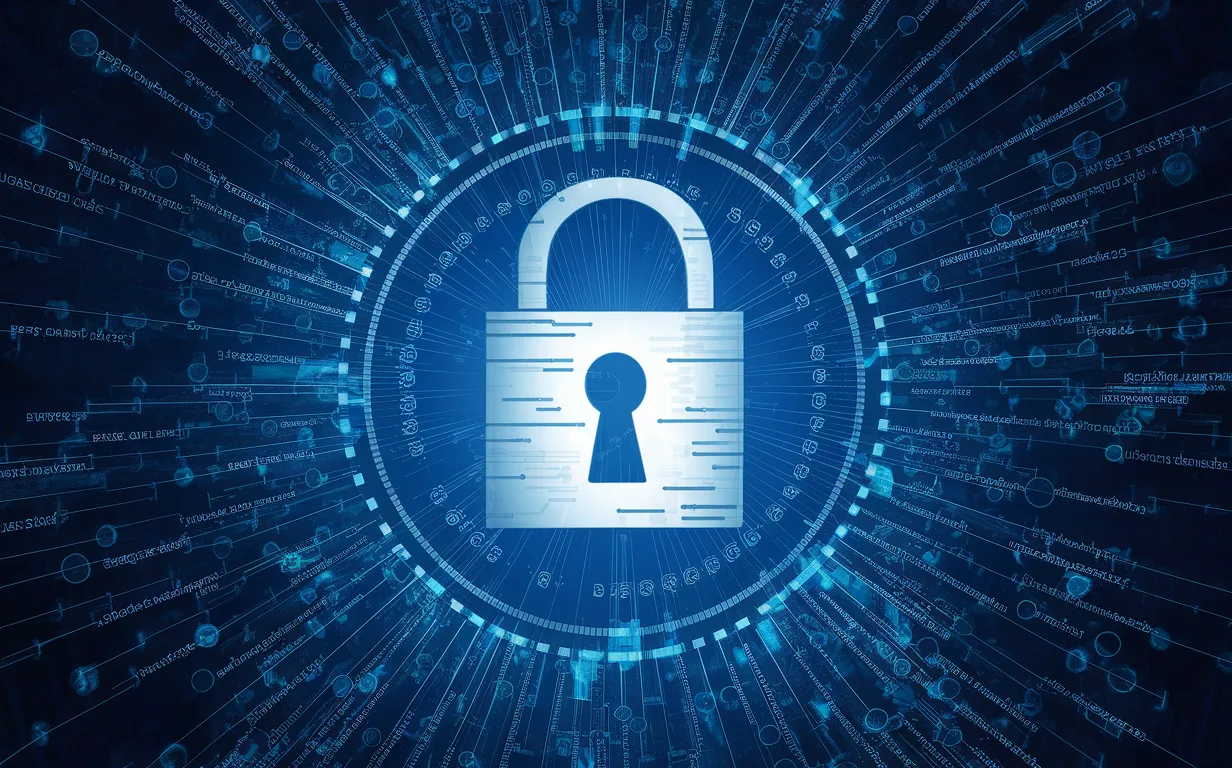In today’s digital age, where almost every aspect of our lives is connected to the internet, data privacy and security have become paramount concerns for internet users. With the increasing amount of personal information shared online, the risk of data breaches, identity theft, and other cyber threats has also risen significantly. It is essential for individuals to understand the importance of data privacy and the measures they can take to protect their sensitive information online.
The Importance of Data Privacy
Data privacy refers to the protection of personal information from unauthorized access, use, or disclosure. It is crucial for maintaining the trust between individuals and the organizations they interact with online. When users provide their data to websites, apps, or online services, they expect that their information will be handled responsibly and securely.
Data privacy and security encompasses safeguarding sensitive information from unauthorized access, use, or disclosure, ensuring that individuals have control over their personal data.
Data privacy refers to the protection of personal information from unauthorized access, use, or disclosure. It is crucial for maintaining the trust between individuals and the organizations they interact with online. When users provide their data to websites, apps, or online services, they expect that their information will be handled responsibly and securely. Data privacy regulations such as the GDPR in Europe and the CCPA in California aim to ensure that organizations collect, process, and store personal data in a transparent and secure manner, giving individuals more control over how their information is used. By respecting data privacy, organizations can build trust with their users and demonstrate their commitment to protecting sensitive information.
Security Measures for Internet Users
There are several security measures that internet users can implement to safeguard their data and privacy while online. One of the fundamental steps is to use strong, unique passwords for each online account. Password managers can help generate and store complex passwords securely.
Additionally, enabling two-factor authentication adds an extra layer of security by requiring a second form of verification to access accounts. Regularly updating software and antivirus programs can help protect against vulnerabilities and malware. Avoiding suspicious links and emails, as well as being cautious with sharing personal information online, can also help prevent data breaches. Finally, using a virtual private network (VPN) when connecting to public Wi-Fi networks can encrypt internet traffic and protect sensitive information from potential hackers. By implementing these security measures, internet users can better protect their data and privacy while online.
Privacy Settings and Permissions
Many websites and apps collect user data for various purposes, such as targeted advertising or improving user experience. It is essential for users to review and understand the privacy settings and permissions requested by these platforms.
By being aware of what data is being collected and how it will be used, users can make informed decisions about their online privacy. It is recommended to regularly review and update privacy settings on websites and apps to ensure that personal information is being protected. Additionally, users should be cautious about granting excessive permissions to apps and only provide necessary information to maintain their privacy and security online.
Encryption and Secure Connections
Encryption plays a vital role in protecting data as it is transmitted over the internet. Secure sockets layer (SSL) or transport layer security (TLS) protocols encrypt data exchanged between a user’s device and a website, ensuring that it cannot be intercepted by unauthorized parties.
Encryption plays a vital role in protecting data as it is transmitted over the internet. Secure sockets layer (SSL) or transport layer security (TLS) protocols encrypt data exchanged between a user’s device and a website, ensuring that it cannot be intercepted by unauthorized parties. This encryption technology scrambles the data into a format that can only be deciphered by the intended recipient, providing a secure connection for online activities such as browsing, online shopping, and banking. By implementing encryption protocols, sensitive information such as personal details, credit card numbers, and login credentials are kept safe from hackers and cybercriminals.
Conclusion
As internet users, understanding data privacy and security measures is crucial for safeguarding our personal information and maintaining control over how it is used. By implementing strong security practices, being mindful of privacy settings, and using encryption technologies, individuals can reduce the risk of falling victim to cyber threats.
Stay in touch for more updates and alerts visit: Hint Insider!




